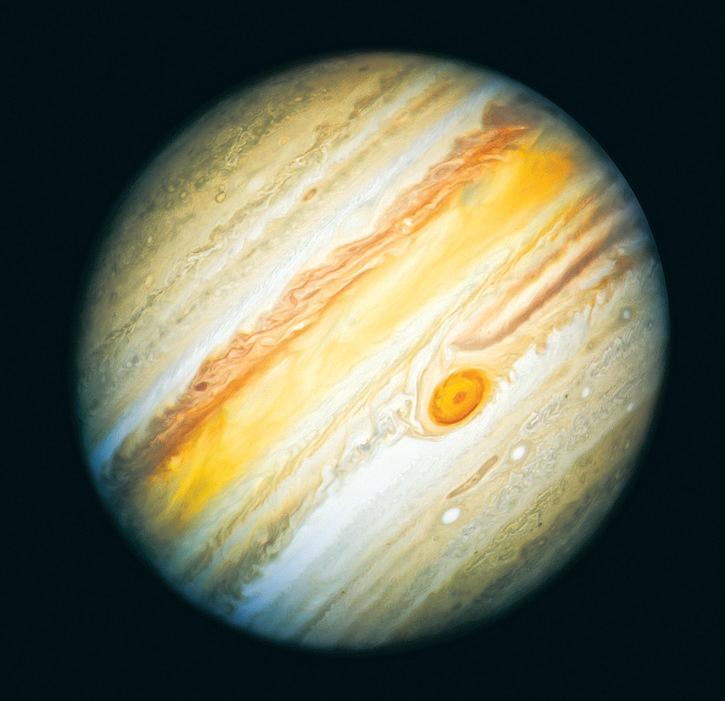
Research has revealed that the crimson-hued spot visible today is, on average, larger than the one Italian astronomer Giovanni Cassini espied for the first time in 1665 and called the "Permanent Spot." Both Cassini's spot and the current one are anticyclones, or vortexes of winds in high pressure areas. Today's spot swirls in the gas giant's Southern Hemisphere, and its winds can reach speeds of nearly 300 miles an hour.
But the 17th century tempest viewed by Cassini likely dissipated and was replaced, according to researchers from Spain, who found that observations of the storm's size and motions from the mid-1600s and those of today's storm don't match. Indeed, astronomers lost track of Cassini's spot after 1713, and it wasn't until 1831 that observations of a storm on Jupiter resurfaced.
This story is from the {{IssueName}} edition of {{MagazineName}}.
Start your 7-day Magzter GOLD free trial to access thousands of curated premium stories, and 9,000+ magazines and newspapers.
Already a subscriber ? Sign In
This story is from the {{IssueName}} edition of {{MagazineName}}.
Start your 7-day Magzter GOLD free trial to access thousands of curated premium stories, and 9,000+ magazines and newspapers.
Already a subscriber? Sign In